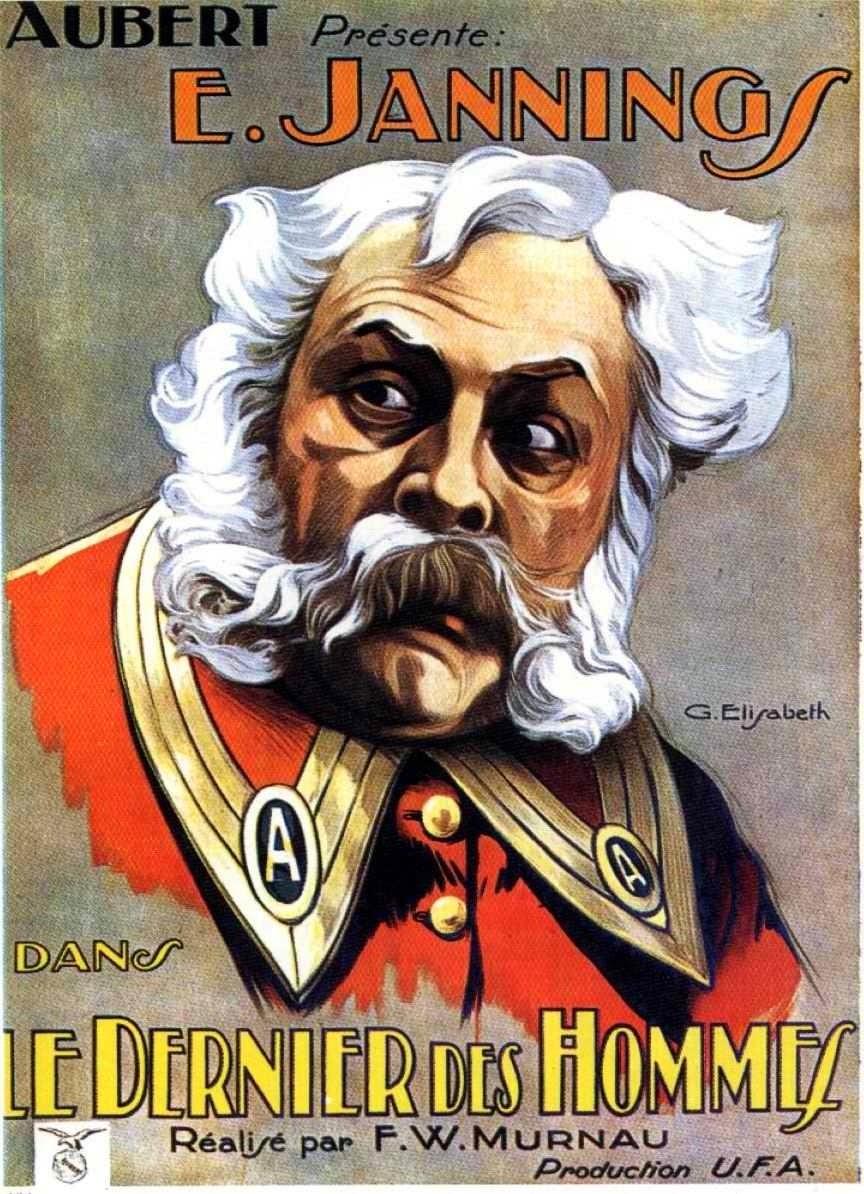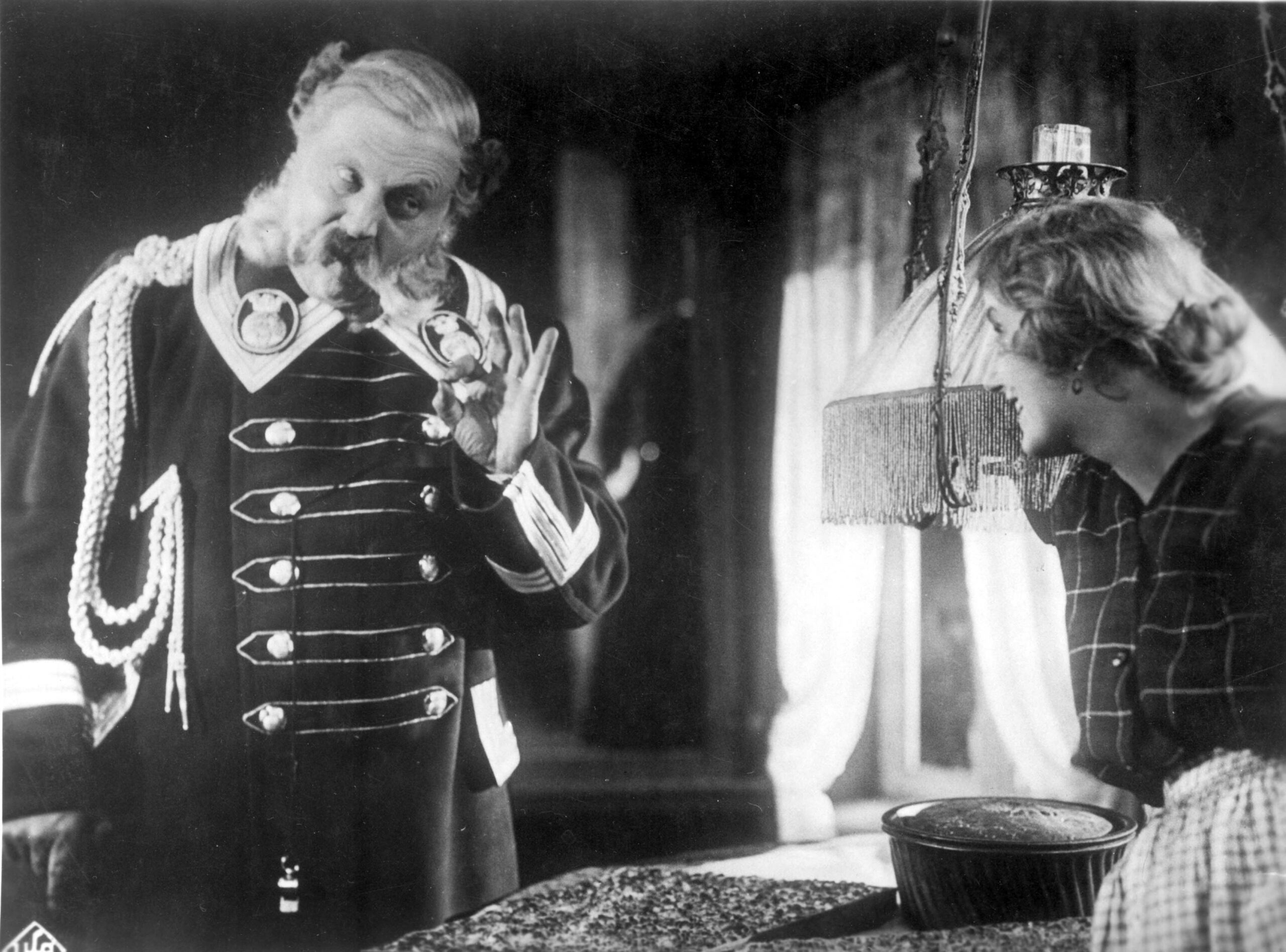
LUDLOW, Vt. – “The Last Laugh,” a 1924 German silent film drama about a hotel doorman demoted to washroom attendant, will be screened with live music on Saturday, Aug. 24, at 7 p.m., in the Heald Auditorium at Ludlow Town Hall, 37 Depot Street, Ludlow. Admission is free and all are welcome to this family-friendly event. Donations are accepted at the door to support the Friends of Ludlow Auditorium (FOLA).
Presented by the FOLA, the screening will feature accompaniment by Jeff Rapsis, a New Hampshire-based composer who specializes in creating live music for silent film presentations.
In “The Last Laugh,” regarded as one of German director F.W. Murnau’s best pictures, the story is told entirely in visual terms, without the use of title cards.
The film, a character study that chronicles the mental breakdown of an aging man who loses his position of authority, is also noted for its revolutionary use of camera movement.
Playing the lead role is Swiss/German actor Emil Jannings, widely recognized as one of the most versatile actors of early cinema.
Jannings would later move to Hollywood, where he earned the first-ever Best Actor Oscar at the inaugural Academy Awards for his towering performances in “The Last Command” (1928) and “The Patriot” (1928).
Critics and film writers regard “The Last Laugh” as a landmark of early cinema.

“‘The Last Laugh’ is a masterpiece of psychological study, perhaps the best-ever portrayal of what goes through one man’s mind under varying situations…It is absolutely mind-boggling to see Emil Jannings age at least 10 or 15 years right in front of our eyes in the course of a couple of minutes,” wrote author Robert K. Klepner in “Silent Films.”
Critic David Kehr of the Chicago Reader described “The Last Laugh” as “the 1924 film in which F.W. Murnau freed his camera from its stationary tripod and took it on a flight of imagination and expression that changed the way movies were made.”
The film’s director of photography, Karl Freund, set new standards of cinematography in “The Last Laugh,” setting up the camera to move through corridors and see action through a character’s eye-view.
Freund’s long career later included work in television in the 1950s in Hollywood, when he developed the three-camera system for “I Love Lucy,” which became the standard format for shooting situational comedies.
“Films such as ‘The Last Laugh’ were created to be shown on the big screen and in a theater as a communal experience,” Rapsis said. “With an audience and live music, they still come to life in the way their makers intended them to.”
For more information on the music, visit www.jeffrapsis.com.